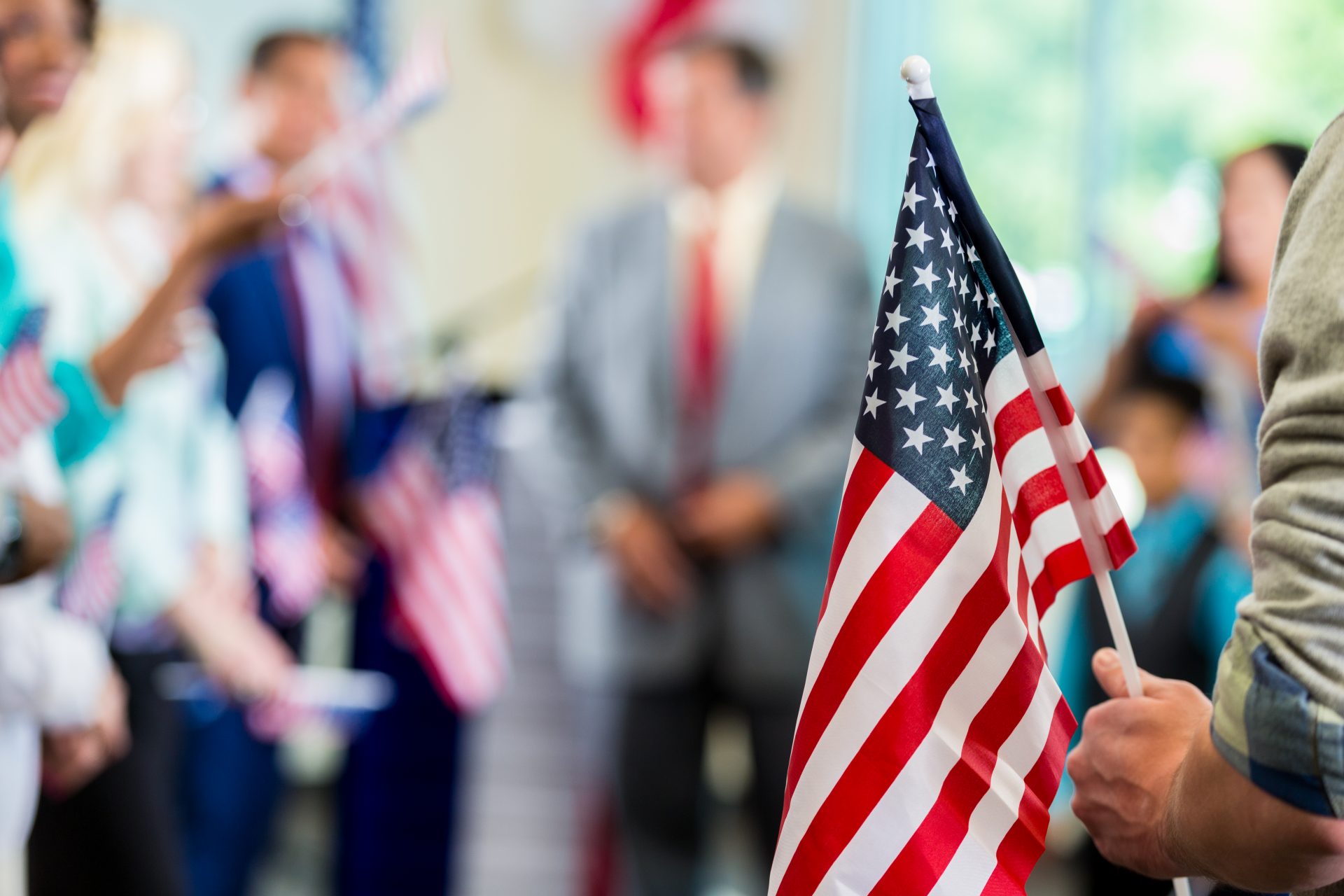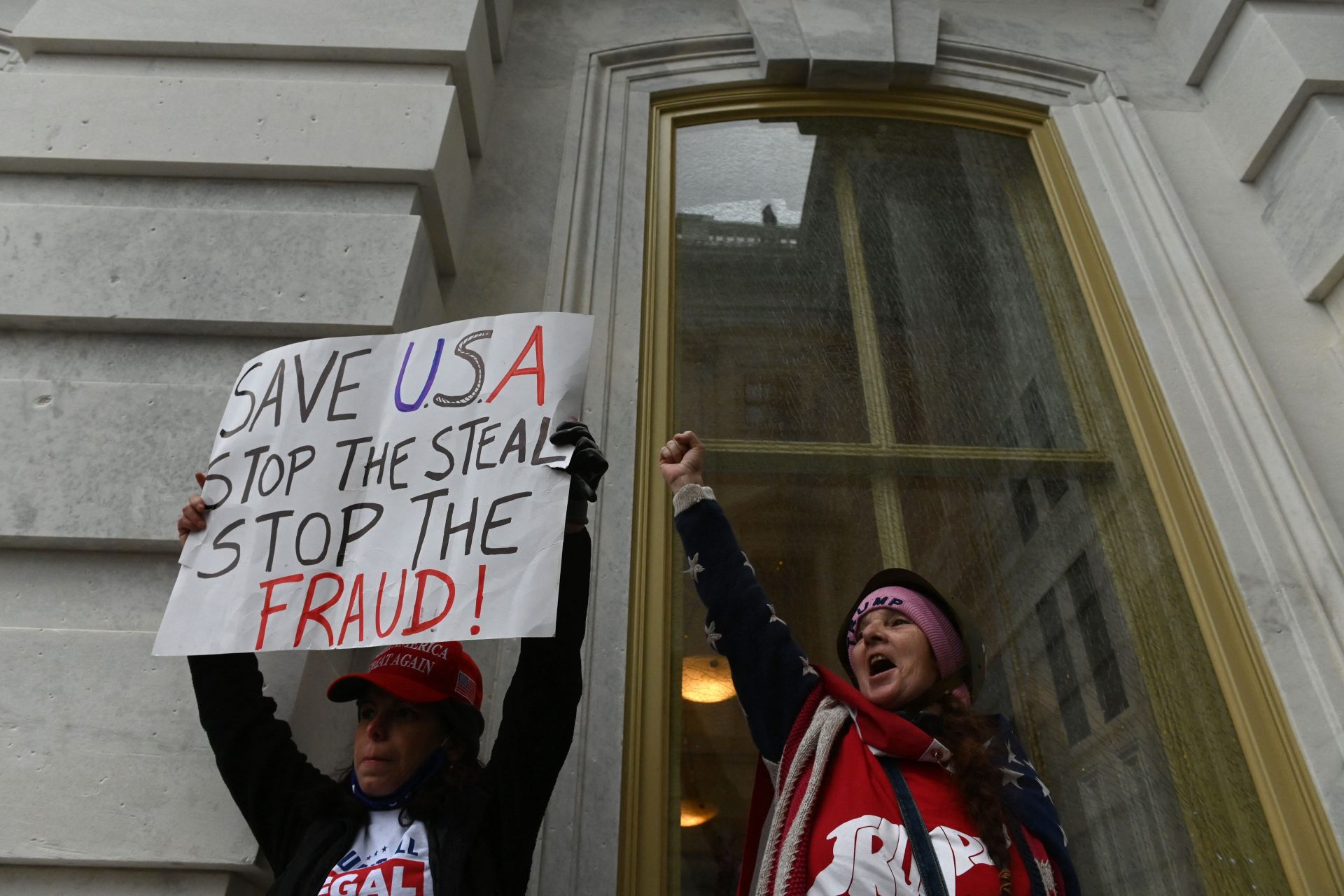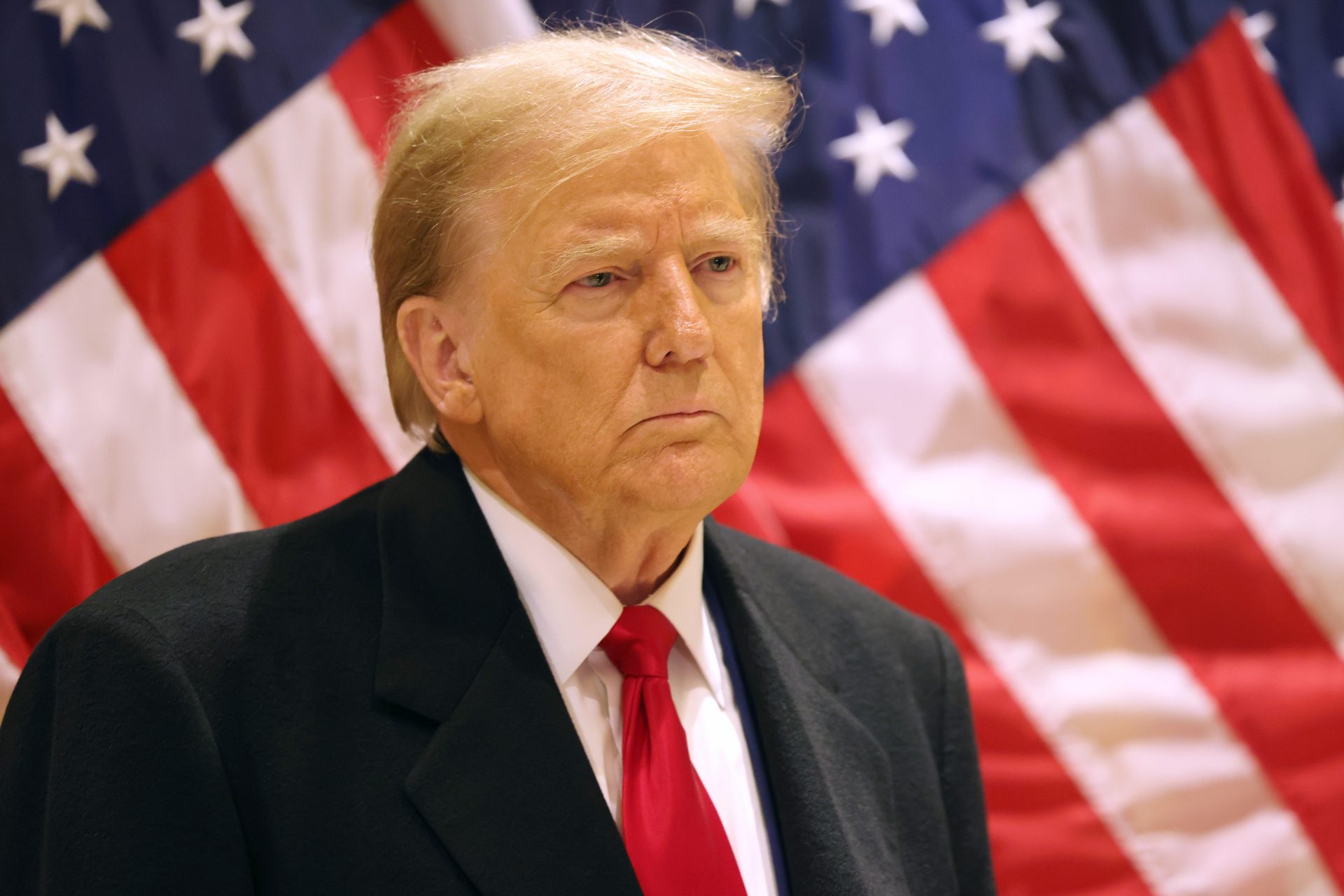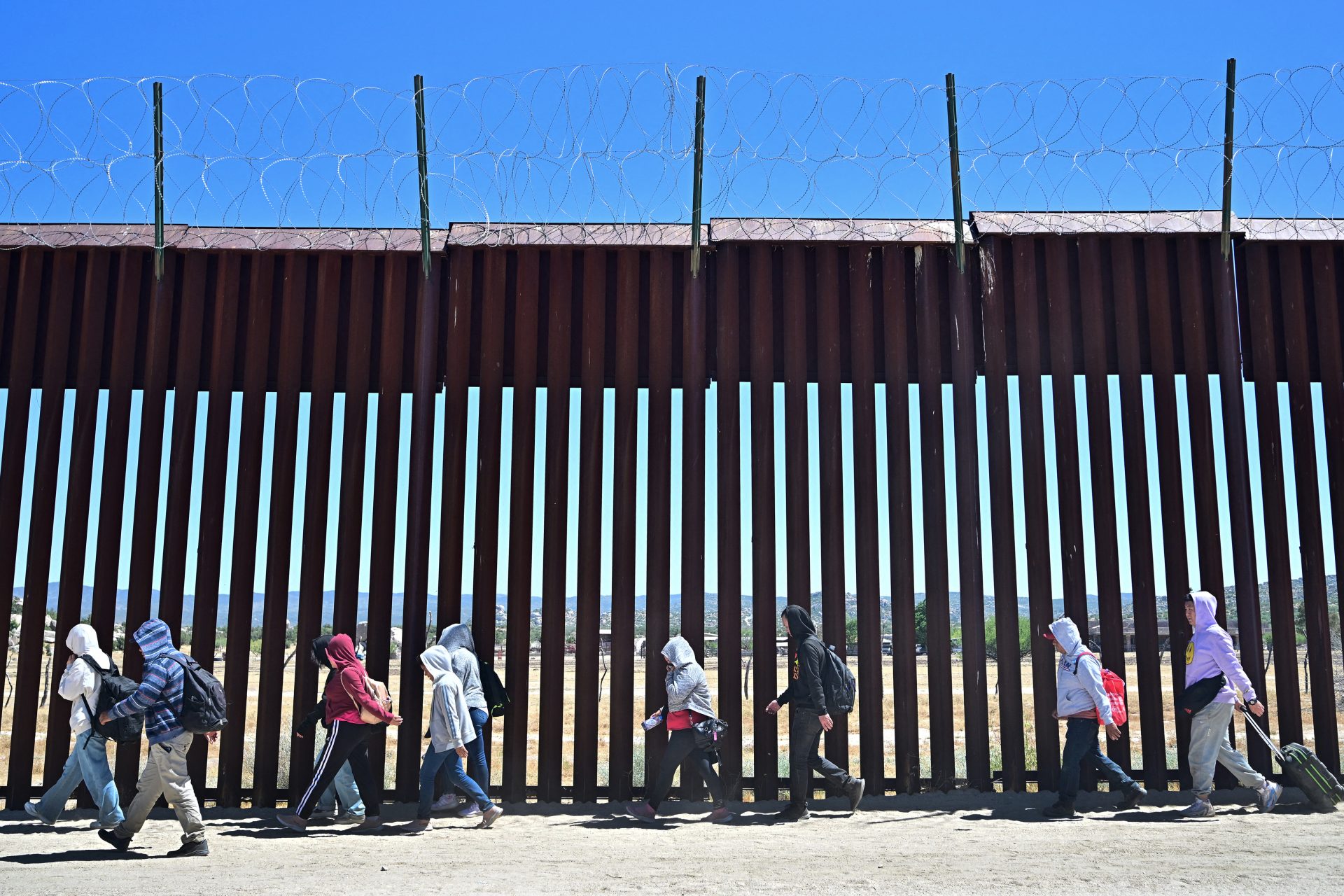Are conspiracy theories hardwired in Americans?
In the United States, conspiracy theories have permeated various facets of society, notably influencing political discourse in recent years—a development that is concerning, to say the least.
But which individuals are more prone to accept conspiracy theories than others in America? Researchers have made an interesting discovery.
Recent research has shown that Christian Nationalists and people who take the Holy Bible literally are more likely to believe in the conspiracy theories they see around them and distrust their government officials than other groups of individuals in the United States.
Published in the Journal for the Scientific Study of Religion in May 2023, the research aimed to examine why growing problems like the belief in conspiracy theories and district in the government were becoming endemic issues among some Americans. But why was this work important and what did it reveal?
Understanding why some groups of people are more susceptible to conspiracy theories than others is something that social scientists should have “a vested interest” in learning about the researchers of the study wrote in the abstract of their peer-reviewed work.
The researchers noted that previous research into the topic had shown that Christians were “especially susceptible” to conspiracy theories in the United States but also wrote that scientists had yet to study how certain religious Christians were more susceptible.
“Like many,” wrote study co-author Brooklyn Evann Walker, “we were deeply affected by the sharp divisions, fueled by conspiracy theories, that arose around COVID-19 and the 2020 presidential election.”
“We noted that conspiracy theories related to both COVID-19 and the Big Lie gained traction in religious communities that tended towards biblical literalism and Christian nationalism,” Walker added.
Walker is a Professor of Political Science at Hutchinson Community College and with her co-author, Abigail Vegter, she designed a study to figure out if Christian Nationalism and biblical literalism had an impact on America’s tendency “to think in conspiratorial ways.”
Christian Nationalists believe the United States was defined by Christianity and also that the government should take steps to keep the nation’s identity religious according to a definition from Christianity Today, an evangelical media group founded by Billy Graham.
“Christian nationalists assert that America is and must remain a ‘Christian nation’—not merely as an observation about American history, but as a prescriptive program for what America must continue to be in the future,” wrote Christianity Today’s Paul Miller.
Biblical literalism is exactly what it sounds like, and is a term often used to define people who take the verse of the bible literally when they read them unless they are clearly an allegory or meant to be symbolic according to Christanity.com.
Walker and Vegter’s study used information from the 2019 Chapman University Survey of American Fears, which included a wealth of data on demographics and conspiratorial thinking, and developed a sample of 1219 Christian Nationalists and biblical literalists.
Survey respondents were asked about their levels of agreement and disagreement with the idea that the government was involved in sinister plots to hide information according to PsyPost, including things like alien meetings, the moon landing, and the Illuminati.
Walker and Vegter’s analysis of the available data showed that one’s belief in conspiracy theories had a positive association with Christian Nationalism and beliefs in biblical literalism. But that wasn’t the researchers' most interesting finding from their study.
Belief in biblical literalism was found to amplify the effects of Chrisitan Nationalism on conspiratorial thinking according to PsyPost, which noted that the finding suggests that Chrisitan nationalist identities were a driving factor behind adopting conspiracy theories.
“Using survey data, we find that the sense of a threatened nation inherent in Christian nationalism and the anti-elite tendencies in biblical literalism amplify conspiracy thinking, and that the two have especially strong effects when they occur together,” Walker told PsyPost.
“We conclude that Christian nationalist and biblical literalist support of COVID-19 and the 2020 election conspiracy theories are not a one-off,” Walker continued.
Interestingly, Walker added that both Christian Nationalists and biblical literalists were also more likely to believe in future conspiracy theories, which was a slightly concerning finding considering everything that was revealed about the two groups.
Unfortunately, the study had some limitations. Certain psychological factors were not accounted for according to PsyPost and the sample size was quite small. However, the results were still worrying, especially considering the country’s current political climate.
More for you
Top Stories

































